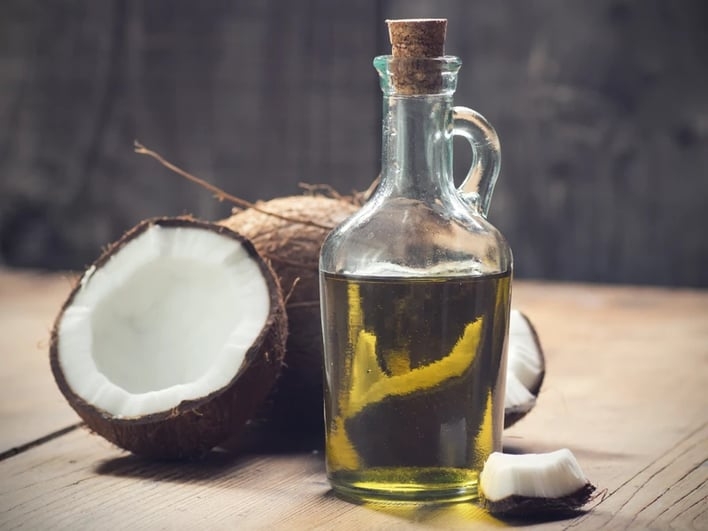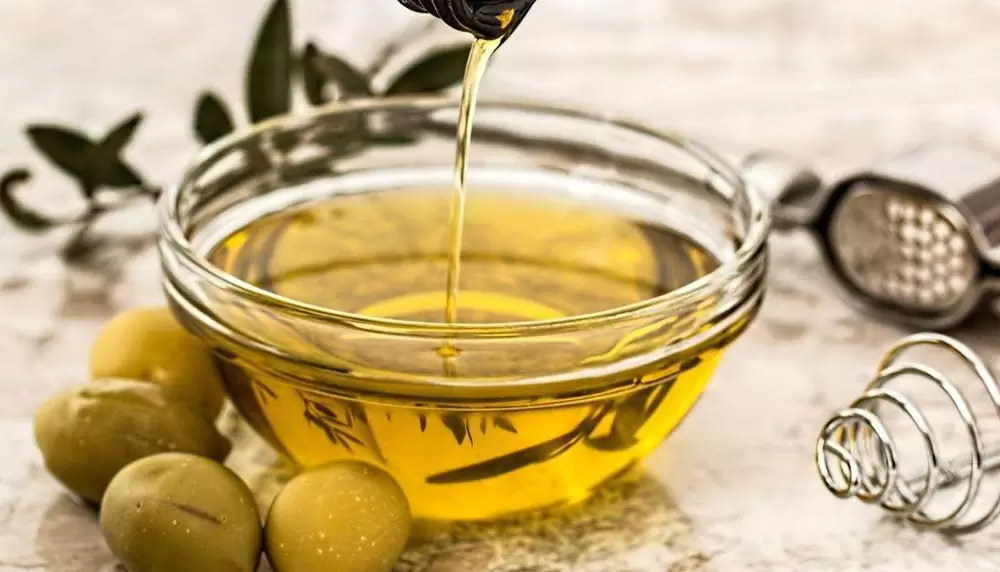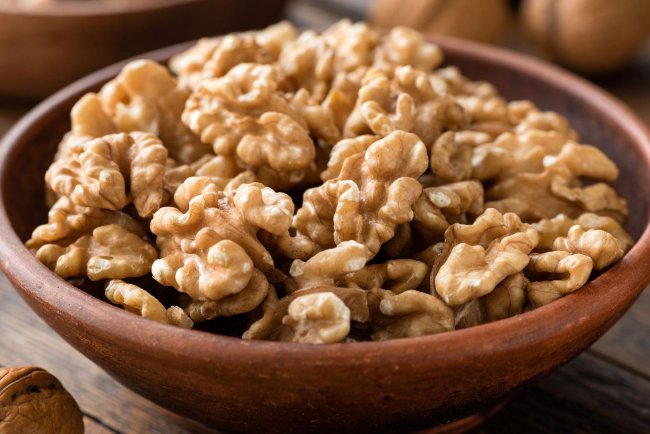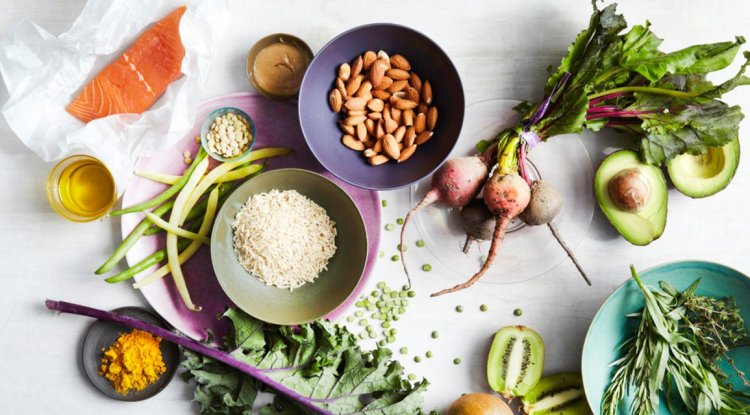Olive Oil vs. Coconut Oil: Which Deserves the Kitchen Throne?
The battle of the oils is on. Coconut oil, the Instagram sensation and once-heralded miracle fat that is believed to do everything from burn belly fat to protect the heart, is located in one corner. The peaceful, golden champion of the Mediterranean, olive oil, is located in the opposite corner. It has been tried and tested over decades of research.

However, which oil really merits being a pantry essential? With a healthy dose of common sense and flavor, let us look past the hype and explore the science.
The Real Deal on Olive Oil: Not Just for Europeans
Olive oil may feel like a European thing rustic Italian kitchens, French countryside lunches, Greek salads under the sun. But its benefits aren’t just folklore or region-specific charm.
A major U.S.-based study published in the Journal of the American College of Cardiology showed that swapping out animal-based fats like butter, margarine, or mayonnaise for olive oil significantly reduced the risk of heart disease. And this wasn’t just about a full-blown diet overhaul even half a tablespoon a day made a measurable difference.
That’s a teaspoon-sized change with mile-wide benefits.
A Quick Pour of the Benefits:
Lower risk of cardiovascular disease
Reduced inflammation (thanks to polyphenols natural plant compounds in olives)
Improved brain health when combined with a whole-foods diet
Better long-term outcomes, even with small swaps
The research gets even juicier: those who made the switch to olive oil not only lowered their risk of developing heart disease they were less likely to die from it.
Why Extra Virgin Olive Oil (EVOO) Deserves the Spotlight

Not all olive oils are created equal. Extra virgin olive oil (EVOO) is your best bet it’s made through mechanical means (no harsh chemicals or high heat), preserving the antioxidants and polyphenols that do the heavy lifting.
These natural compounds don’t just fight inflammation; they may even protect your brain from age-related cognitive decline. Yes, your stir-fry could be fighting memory loss. Who knew?
And What About Coconut Oil?
Ah yes, coconut oil beloved by health influencers, keto dieters, and home bakers alike. It smells amazing, melts beautifully, and plays a starring role in glossy granola bars and dairy-free brownies. But is it as healthy as it looks?
Let’s Talk Science:
Coconut oil contains lauric acid, a type of saturated fat often touted for its "medium-chain" status. These fats are said to be metabolized differently and may support fat burning or cholesterol balance. But here's the rub: lauric acid behaves more like a long-chain saturated fat, which doesn’t work the same way in the body as those quick-burning MCTs found in some supplements.
And when it comes to heart health? The most recent review of trials, published in Circulation, found that coconut oil raised LDL (bad) cholesterol. That’s the kind associated with heart disease not exactly what you want from your "healthy" oil.
What It Doesn't Do Well:
Didn’t help reduce body fat or waist circumference
Didn’t perform as well as olive oil in protecting the heart
Needs more long-term, human research, especially for extra virgin varieties
Now, it’s true that traditional cultures in Asia have long consumed coconut-based foods without the epidemic of heart disease seen in the West. But those diets often include minimally processed coconut, eaten alongside plenty of fruits, vegetables, seafood, and whole grains — plus lifestyles that don’t revolve around ultra-processed snacks and screen time.
Context matters. A spoonful of coconut oil in a veggie curry? Lovely. A daily deep-fried habit in coconut oil?
Olive Oil vs. Coconut Oil: The Last Say
Both oils have a role in a real, well-balanced kitchen, so let us not become too dramatic. However, olive oil is the clear winner when it comes to long-term health advantages, including protection of the heart and brain.
Olive Oil: Your Daily Favorite
Pour it over cooked vegetables.
In salads, use it in place of mayo.
Dip crusty bread with it for a decadent but astute snack.
Add to smoothies (yes, really), soups, and sauces.
Your Flavorful Finisher: Coconut Oil
Use it in baked goods, Thai cuisine, or dairy-free recipes where you want the taste to really pop.
Keep it as an occasional ingredient rather than a regular necessity.
Conclusion: Let Taste and Purpose Lead the Way
No oil is a panacea, and none ought to be vilified either. Olive oil, on the other hand, has the science, adaptability, and understated genius to support its status as a culinary need.
So go ahead. Make that swap. Your heart (and probably your tastebuds) will thank you.
What's Your Reaction?




















